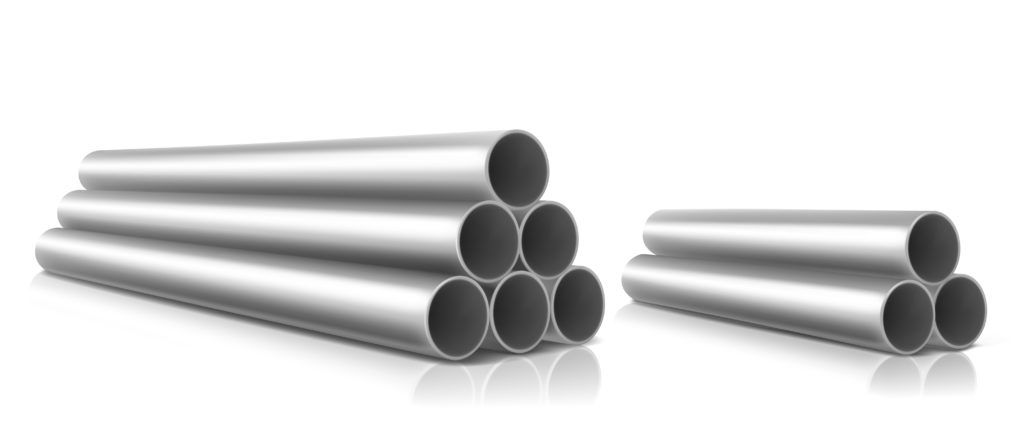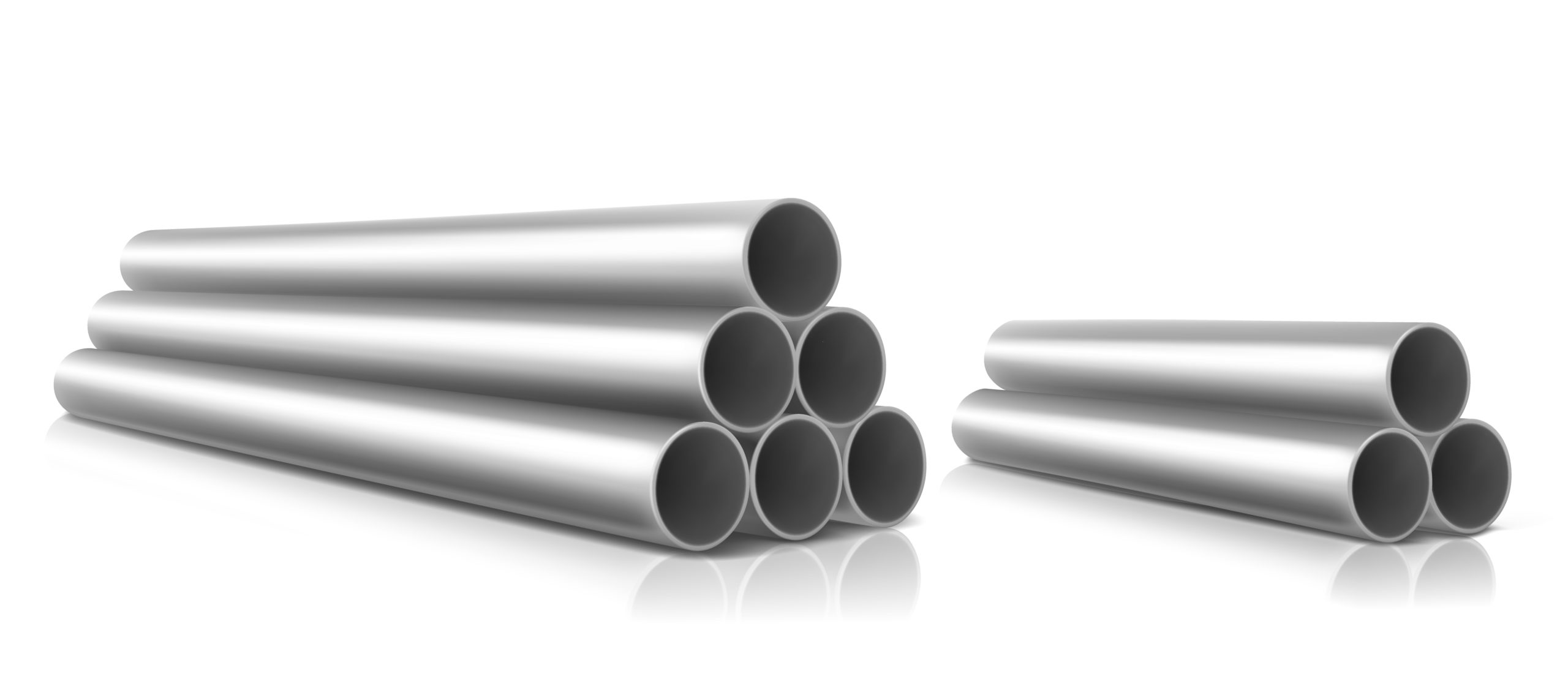The construction industry has come a long way in the past few decades, with new materials and technologies emerging to make buildings safer, more efficient and more durable. One of the essential materials in modern construction is steel, which is used in a wide range of applications, from reinforcing concrete to creating massive skyscrapers. Among the various types of steel used in construction, steel pipes have emerged as a popular option due to their many benefits.
Steel pipes for construction are hollow tubes made of steel that one can use for various applications, including transporting fluids and gases, structural support, and drainage systems. In recent years, steel pipes in building construction have become increasingly popular due to their durability, strength, and flexibility.
Here are some of the key benefits of using steel pipe structures in building construction:
Strength and Durability: Steel pipes for construction are robust and durable, making them ideal for building use. They can withstand extreme weather conditions, earthquakes, and other natural disasters. Steel pipes also have a high resistance to corrosion, which means they can last for decades without needing to be replaced.
Flexibility: Steel pipes are incredibly flexible, so that building designs will become more versatile. They can be easily bent, twisted, and shaped into a variety of different configurations to meet the specific needs of a building.
Cost-Effective: Steel pipes are cost-effective compared to other long-term building materials. They require minimal maintenance, which means they can last for decades without needing to be replaced. Additionally, steel pipes are easy to install, which can help reduce construction costs.
Sustainability: Steel pipes are a sustainable building material, as they are recyclable and can be reused for other construction projects. Also, steel pipes are often made from recycled steel, requiring fewer resources to manufacture than other building materials.
Fire Resistance: Steel pipes are naturally fire-resistant, which can help prevent fires from spreading throughout a building. This can help reduce the risk of injury and property damage in a fire.
Design Flexibility: Steel pipes can be used in a wide range of building designs, from simple structures to complex, architecturally intricate buildings. They can be used for structural support, exterior cladding, and more, giving architects and builders a wide range of design options.
Versatility: Steel pipes for construction can be used in a variety of building applications, including walls, floors, and roofs. Many construction experts can operate in both commercial and residential buildings, and they are beneficial for large-scale projects such as skyscrapers and bridges.
Safety: Steel pipes are non-combustible, which means they will not burn or emit harmful gases in the event of a fire. They also resist pests, such as termites and rodents, which can help prevent structural damage over time.
Steel pipe structures have numerous applications in construction, including:

Structural Support: Steel pipes are used in buildings as columns, beams, and braces for structural support. They can support heavy loads and resist bending and buckling, making them ideal for buildings with large open spaces and high ceilings.
Exterior Cladding: Steel pipes can be used as an external cladding material, giving buildings a modern, industrial look. They can be used with other materials, such as glass and concrete, to create a striking façade.
Roofs: Steel pipes can be used to construct shelters, particularly for buildings with flat or low-slope roofs. They can be combined with other materials, such as sheet metal, to create a durable, weather-resistant roof.
Bridges: Steel pipes for construction become a substantial part of bridges, particularly for long-span bridges. They can be used as prominent load-bearing members, supporting the weight of the bridge deck and the vehicles that pass over it.
Offshore Structures: Steel pipes are also used to construct offshore oil and gas platforms. They can withstand harsh marine environments and the weight of heavy equipment and machinery.
Piping Systems: Steel pipes are used for water, gas, and oil. They are handy for transporting fluids over long distances, as they are strong, durable, and corrosion-resistant.
Foundations: Steel pipes can construct foundations for buildings and other structures. They can be driven into the ground to support the structure’s weight above, providing a strong and stable foundation.
Contact Us
If you are looking for quality steel pipes for construction, Bigfoot Pipe & Piling is here to help you. Call us and place your requirements without any hesitation.

